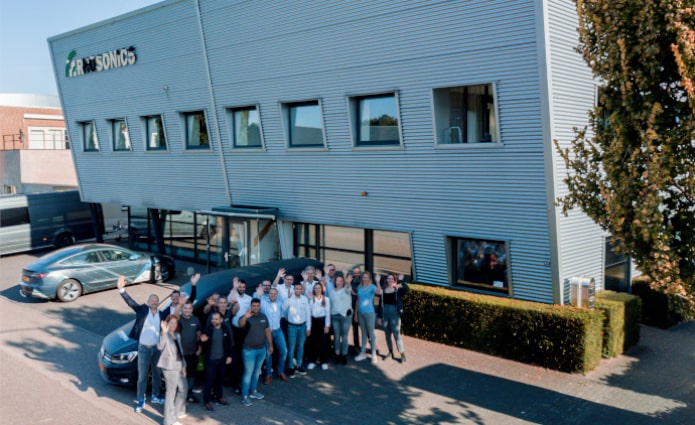Density measurement in the roof-tiles application
There are numerous stages present in the manufacturing of roof tiles. Initially, the clay proportioning takes place whereby the clay-like material will be separated, based on certain factors. This is designed to fit the final product. After the rolling phase of the production process, the material enters the mixing tank. Hereby the slurry contains both fiberglass and cement, known as ‘fiber cement’. Fiber cement is a cladding material that is very durable, water-resistant, and not prone to cracks or rotting residue.
We have cases whereby a customer has the SDM WT installed in the underflow of the mixing tank after a pump. With the goal of measuring the % of solids to control the thickness of the fiber cement. The output of this measuring instrument is used to control the process using valves for water addition. Furthermore, they use it to add mass (slurry) to the mixing tank. Due to frequent temperature changes in the process, a real-time temperature compensation using a PT-100 was needed to accurately measure the % of solids.
By controlling the % of solids, the correct product quality can be obtained before the slurry is transported to the moulding phase whereby roof-tiles are produced. Measuring the % of solids in the feed to this machine is important. Because the mass of solids is directly related to the thickness of the roof tiles. The target is to have a certain roof tile thickness for the end product.
If the process is not correctly monitored and controlled, it could cause variations in density and affect the final product’s outcome.

Also, check our article about ‘Density measurement in the tunneling industry‘.
Want to have frequent updates on our products? Then please subscribe to our newsletter or follow us on our social media accounts at LinkedIn, Twitter and Instagram.
Receive our technical update?
Fill in your name and email address and we’ll keep you in the loop on our latest technology updates.



